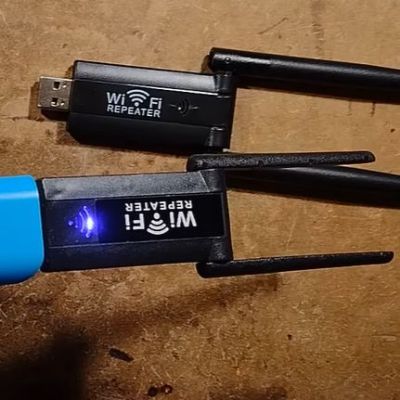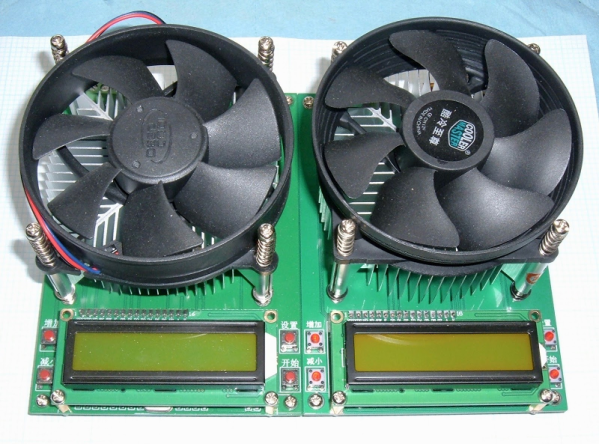
Over the years we have seen a lot of fake electronics, ranging from fake power saving devices that you plug into an outlet, to fake car ECU optimizers that you stick into the OBD port. These are all similar in that they fake functionality while happily lighting up a LED or two to indicate that they’re doing ‘something’. Less expected here was that we’d be seeing fake WiFi repeaters, but recently [Big Clive] got his hands on one and undertook the arduous task of reverse-engineering it.
The simple cardboard box which it comes in claims that it’s a 2.4 GHz unit that operates at 300 Mbps, which would be quite expected for the price. [Clive] obtained a real working WiFi repeater previously that did boast similar specifications and did indeed work. The dead giveaway that it is a fake are the clearly fake antennae, along with the fact that once you plug it in, no new WiFi network pops up or anything else.
Inside the case – which looks very similar to the genuine repeater – there is just a small PCB attached to the USB connector. On the PCB are a 20 Ohm resistor and a blue LED, which means that the LED is being completely overdriven as well and is likely to die quite rapidly. Considering that a WiFi repeater is supposed to require a setup procedure, it’s possible that these fake repeaters target an audience which does not quite understand what these devices are supposed to do, but they can also catch more informed buyers unaware who thought they were buying some of the cheap real ones. Caveat emptor, indeed.












